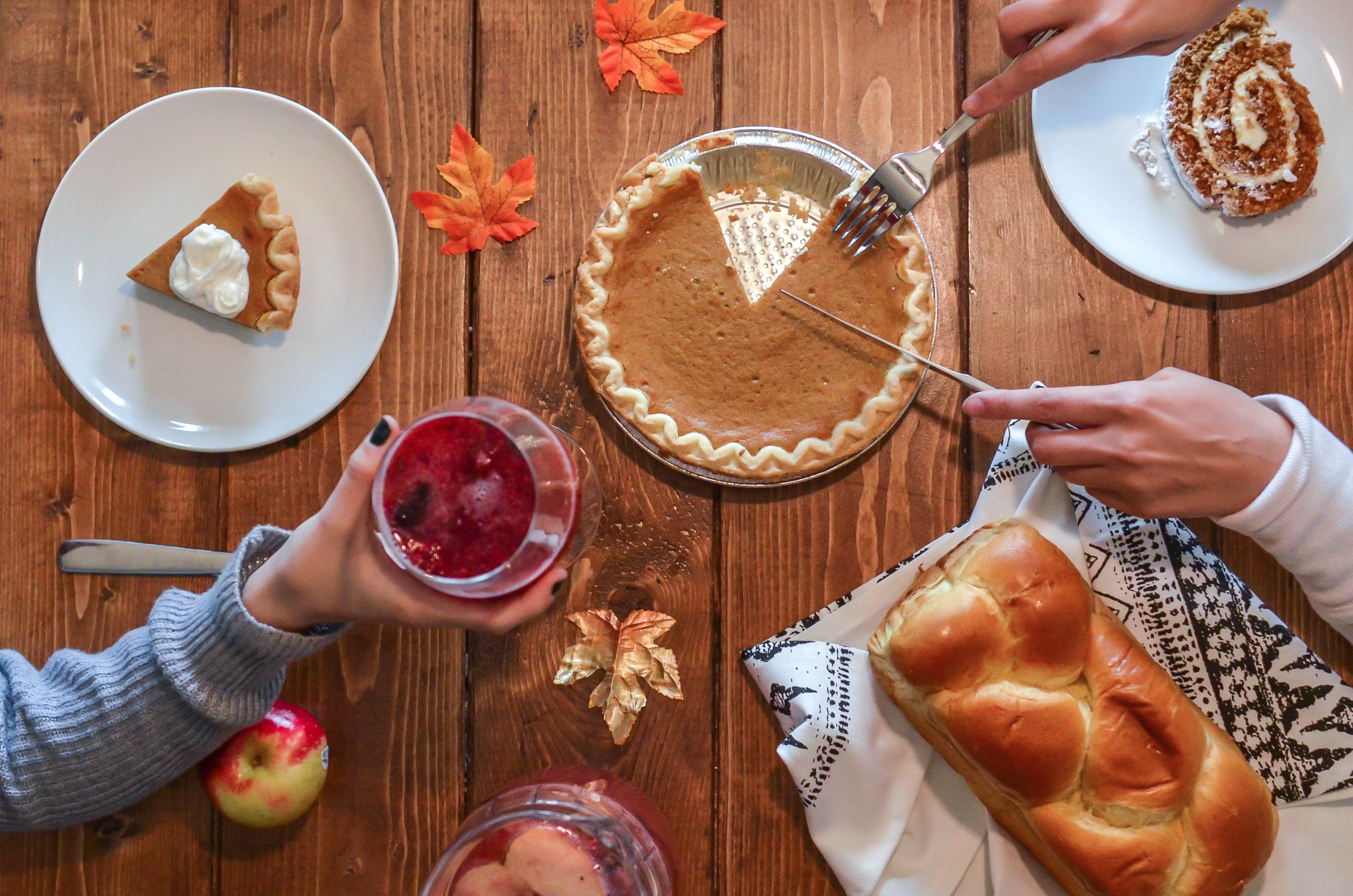Thanksgiving is almost here! That means turkey, pumpkin pie, and food allergies. Since this holiday is all about food, you can expect to hear about food allergies. Millions of Americans suffer from food allergies. If you’re preparing Thanksgiving dinner for family members with allergies, this can be a challenge. So, NY Allergy & Sinus Centers is providing tips on how to safely prepare food for those who suffer with food allergies.
Get a List of Food Allergies Beforehand
Knowing your guests’ allergies ahead of time will help you prepare recipes. It’s important to include dishes that everyone can enjoy. If a family member is bringing a guest, make sure they get a list of dietary restrictions days before you go grocery shopping. This will help prevent any allergic reactions during dinner.
You should also know how severe the allergies are. If a guest has an allergy so severe that a reaction can be triggered from being in the same room as the allergen, you’ll need to eliminate all dishes that contain the allergen. Other individuals may be able to be around the allergen but not consume it. Learn everyone’s comfort level before the feast begins.
Wash Your Hands Thoroughly After Prepping Each Dish
If you decide to include dishes that others may be allergic to, make sure to wash your hands thoroughly after prepping and cooking. Proteins can be transferred from food to your hands without you even knowing it. Use soap and water instead of hand sanitizer. Hand sanitizer doesn’t wash away food proteins. Also, clean and sanitize all prepping surfaces to ensure that foods remain free from allergens. Clean hands and surfaces can be the difference between a safe and non-safe dish.
Use Separate Utensils for Serving Food
Avoiding cross-contamination is especially important on Thanksgiving. Cross-contamination happens when food proteins mix. It’s easy to transfer proteins between foods by using the same utensils. You should use separate utensils for serving food to prevent an allergic reaction. It may also be necessary to designate one person to serve the food, just to make sure cross-contamination doesn’t happen.
Label Each Dish
Even foods prepared from scratch need a food label. Label each dish and include possible allergens in the food. If you have packaged foods, make sure the label is faced up so guests are able to determine which foods are safe to eat. Small children need to be closely monitored when choosing which foods they want to eat. Some kids aren’t able to tell you if they have a food allergy. Consider letting their parents fix their plates and be prepared to answer any questions related to the ingredients in the food.
Learn How to Administer Epinephrine
You can do everything you can to try to prevent an allergic reaction but accidents happen. Even if you take all the necessary precautions, someone can experience an allergic reaction at the table. If you do have guests with allergies visiting, ask if they require an epinephrine auto-injector. There are many resources available that can teach you how to administer epinephrine if needed. You can also visit an allergist at NY Allergy & Sinus Centers for a full demonstration.
Epinephrine is the only treatment for anaphylaxis, so it’s necessary to learn how to administer it to your loved ones. They will appreciate the time you spent learning to make them feel safe and comfortable.
Meet The Physician Collaborator
Dr. Kena Shah is a board certified physician specializing in adult and pediatric allergy & immunology. She received her degree from Nova Southeastern University in Miami, Florida. She participates in research and has authored and co-authored multiple journal articles. You can book an appointment with her by calling (718) 416-0207 or by visiting one of our six locations.

